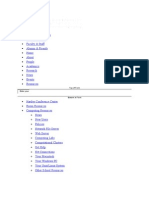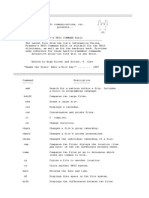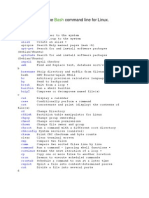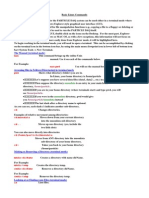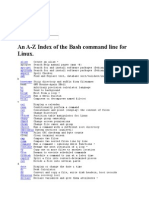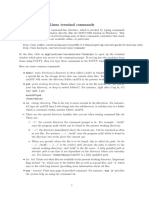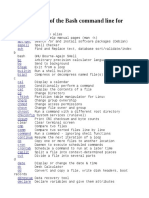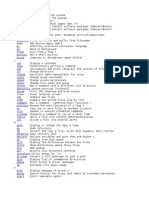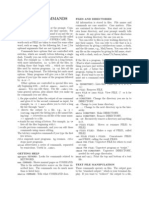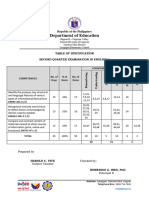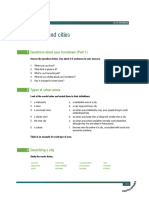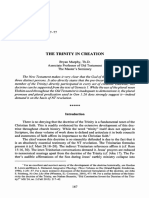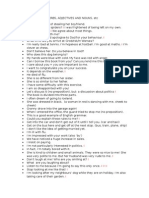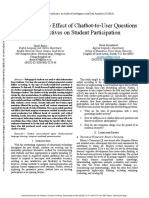0% found this document useful (0 votes)
80 views9 pagesOmmon Unix Commands and Utilities
This page was created to list commonly used unix commands and useful utilities. It was edited in 2010 to remove special programs that were only available on the School's system. The remaining commands and utilities should be available for all varieties of unix and Linux.
Uploaded by
sankarbabusankuCopyright
© Attribution Non-Commercial (BY-NC)
We take content rights seriously. If you suspect this is your content, claim it here.
Available Formats
Download as DOC, PDF, TXT or read online on Scribd
0% found this document useful (0 votes)
80 views9 pagesOmmon Unix Commands and Utilities
This page was created to list commonly used unix commands and useful utilities. It was edited in 2010 to remove special programs that were only available on the School's system. The remaining commands and utilities should be available for all varieties of unix and Linux.
Uploaded by
sankarbabusankuCopyright
© Attribution Non-Commercial (BY-NC)
We take content rights seriously. If you suspect this is your content, claim it here.
Available Formats
Download as DOC, PDF, TXT or read online on Scribd
/ 9

